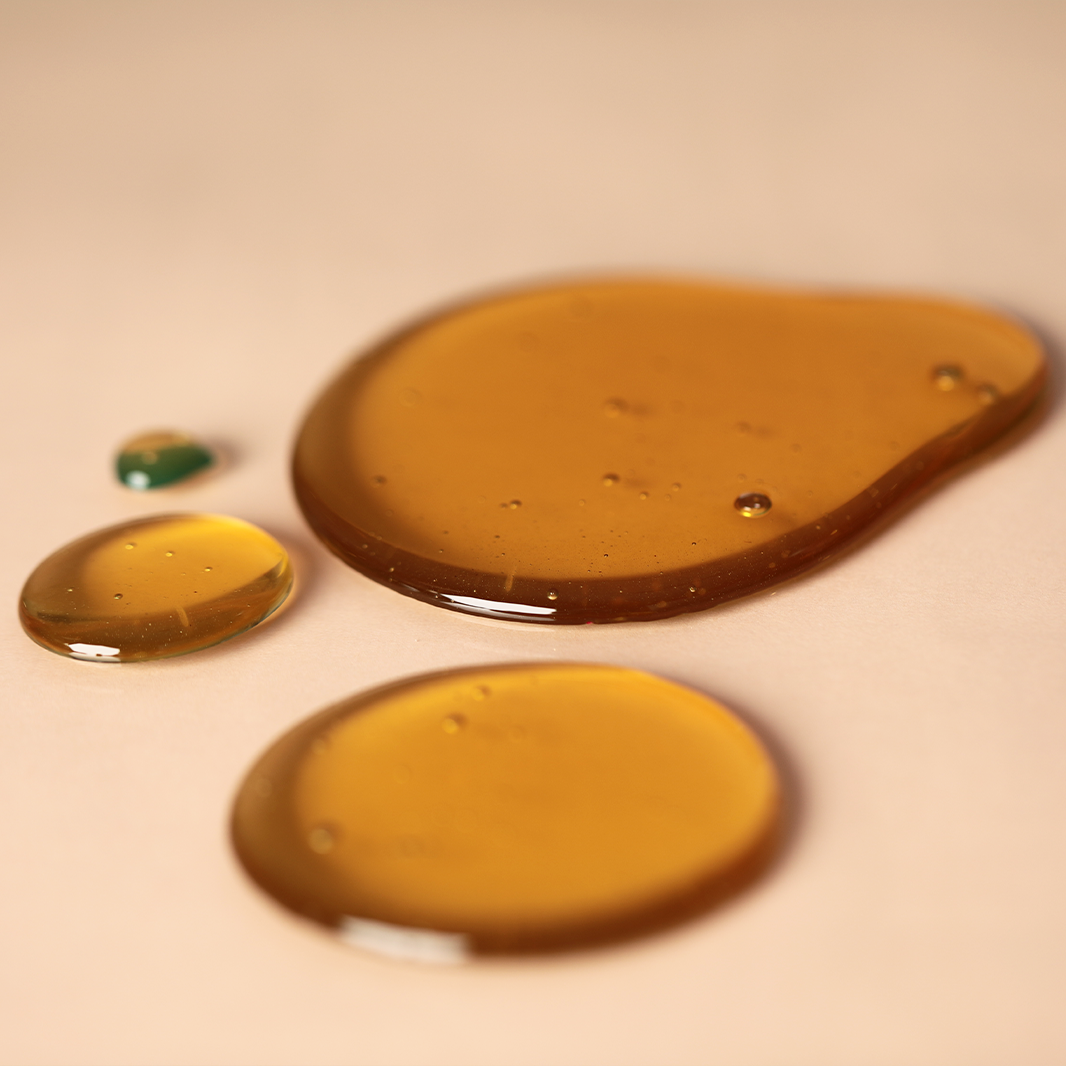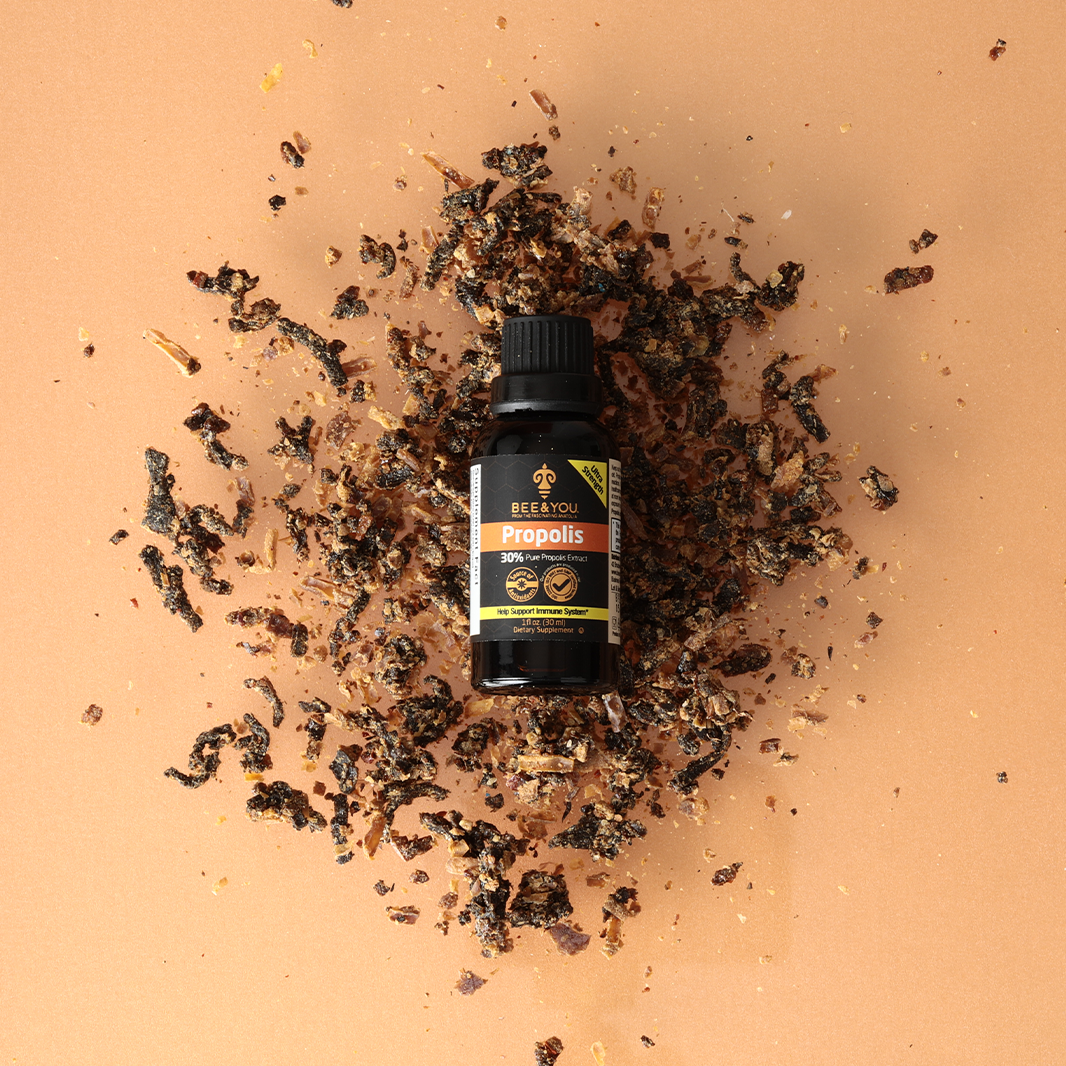What is Propolis ?
Propolis is an entirely natural bee product with potent antioxidant and antimicrobial effects that bees collect from the leaves, stems, and buds of plants. Bees use it to destroy microbes in the hive to ensure sterilization. First, they cover the comb cells with propolis, and then the queen lays her eggs on top of it. Bees then add honey, pollen, and royal jelly as food to ensure the healthy development of the egg. Thus, the products of the bees can be kept intact in the hive.
Propolis and Scientific Research on Cancer
Scientific studies have shown that propolis and its components have antitumoral effects on cell lines in vitro and in vivo. One of the cytotoxic effects of chemotherapy associated with cancer treatment is the generation of free radicals in the cell. Due to oxidative damage, free radicals play a vital role in tumor development and carcinogenicity. In addition, increased oxidative damage due to the presence of free radicals also causes an increase in the side effects of drugs used in chemotherapy. Propolis’s benefits are preventing cell damage by scavenging free radicals with substantial antioxidant activity due to its phenolic and flavonoids. Propolis also reduces the side effects of chemotherapy on the liver and kidney. Evidence for the antitumoral effect of propolis has been demonstrated in in vitro and in vivo studies in different cancer types such as breast, liver, pancreas, kidney, bladder, prostate, colon, brain, head, neck, and skin cancers. These studies highlight anticarcinogenic components in propolis such as Caffeic Acid Phenethyl Ester (CAPE), Caffeic Acid, Chrysin, Artepilin C, and Galangin. Researchers have also stated that the development of tumor cells is suppressed by bioactive components such as CAPE and Chrysin in propolis.
Scientific Research on Colon Cancer
A study in Taiwan in 2009 investigated the effects of the 3,5-diphenyl-4-hydroxycinnamic acid (DHCA) component in bee propolis on colon cancer. As a result of the study, it was determined that the DHCA component had an inhibitory effect on colon (colo 205) cancer cells. Another critical finding was that DHCA did not have any inhibitory effect on the growth of healthy cells. Another study in Japan in 2009 evaluated the effects of ethanol extracts of propolis on four different colon cancer cell lines (CaCo2, HCT116, HT29, and SW480). As a result of the study, it was revealed that propolis extracts showed a dose-dependent growth inhibitory effect on HCT116, HT29, and SW480 cell lines. Therefore, it has been determined that propolis may contain components with anticarcinogenic effects.
Sources:
1.Chen, C., Lee, Y., Lee, M. ve Chang, C.J. 2009. Supercritical fluids extraction of cinnamic acid derivatives from Brazilian propolis and the effect on growth inhibition of colon cancer cells Journal of the Taiwan Institute of Chemical Engineers 40: 130-135.
2.Ishihara, M., Naoi, K., Hashita, M., Itoh, Y. Ve Suzui, M. 2009. Growth inhibitory activity of ethanol extracts of Chinese and Brazilian propolis in four human colon carcinoma cell lines Oncology Reports 22: 349-354.






